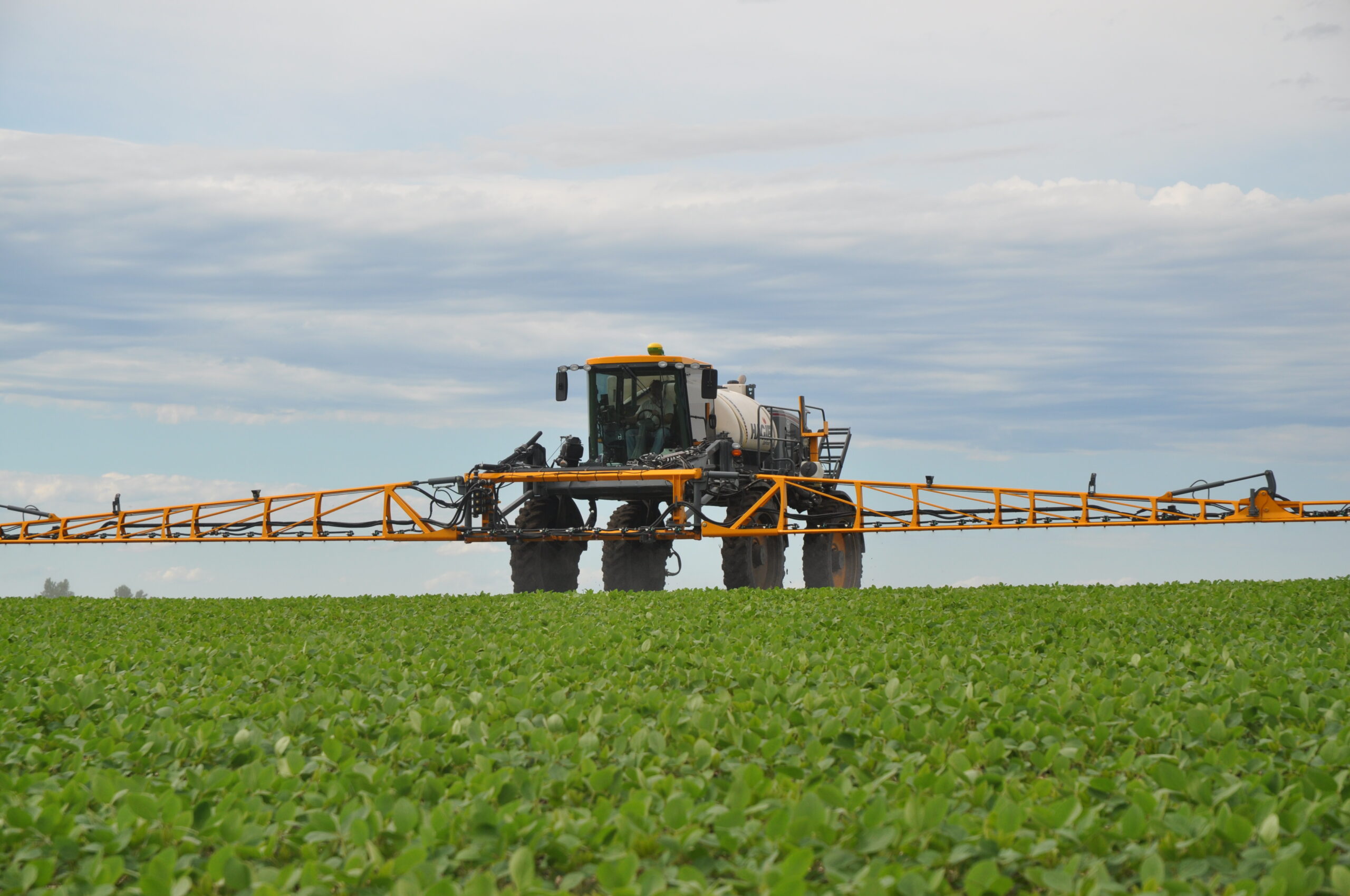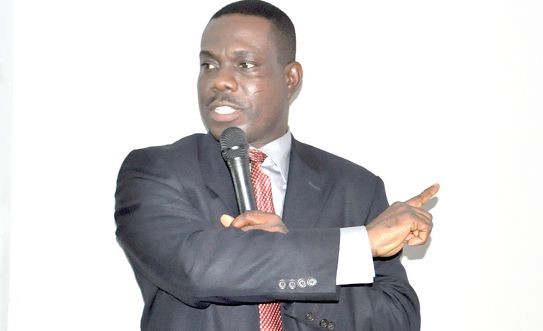The Internal Audit Agency (IAA), as a Public Service institution established by the Internal Audit Agency Act, 2003 (Act 658), among others, co-ordinates, facilitates and provides quality assurance for internal audit activities within the Ministries, Departments and Agencies and the Metropolitan, Municipal and District Assemblies, and is crucial for establishing transparency and good corporate governance in the public sector.
A key function of the Agency is to ensure national resources are adequately safeguarded. Consequently, the IAA is strengthening its oversight responsibilities and putting in measures that will assist it perform its duty more effectively.
To that end, IAA has begun processes to block the disbursement of funds to institutions that refuse to submit their audit reports to the agency.
Additionally, Dockets on officers who have breached auditing structures leading to the nation losing money have been prepared and will soon be sent to the Economic and Organised Crime Office (EOCO) and the Attorney Generals’ Department for prosecution amongst others.
The IAA believes these measures would ensure the speedy resolution of alleged corrupt practices in the public sector, deter people from such practices and also entrench efficiency and compliance with the law.
Director-General of the IAA, Dr. Eric Oduro Osae opined that going forward, the IAA will not wait for the year to end when the money has already been misused before pursuing the culprits.
“We have put in place measures so that every three months when the internal auditors have done their work and detected any infraction, quickly we work with the Economic and Organised Crime Office (EOCO) and other state bodies with the power to prosecute to process them for court.”
In November last year, it began to name and shame institutions flouting the law leading to the presentation of a letter to the Ministry of Finance to block the funds of recalcitrant institutions.
Dr. Oduro Osae further revealed that the agency would by the end of this month publish another list of institutions who have failed to submit audited reports.
Once the IAA begins to take its oversight responsibilities more seriously, the high incidence of financial mismanagement in the public sector would be greatly reduced and there would be funds available to undertake crucial projects that will benefit the citizens at large.
It is important for institutions to submit their audit report to help ensure that they are prudently using state funds and this Paper wholeheartedly agrees with the measures IAA has instituted to improve transparency.
Hiring agricultural machinery shouldn’t be prohibitive

Government has since 2007 been providing subsidized agricultural machinery to individual farmers and private enterprises by establishing specialized Agricultural Mechanization Services Enterprise Centres (AMSECs) to offer such services.
Government intends to establish at least one Agriculture Mechanisation Services Center (AMSEC) in every district, with the view to improving access to affordable agricultural equipment and mechanised services in the country.
Thus, the AMSEC initiative is to assist in providing mechanisation services to small holder farmers in each MMDA who cannot afford their own machinery/equipment due to financial and other farming constraints.
Since, around 90 percent of farmers in the country are small scale farmers who use rudimentary methods of farming; in order to increase crop yield, there is the need to mechanise farming processes. News emanating from the Northern Region, considered the breadbasket region of the country, has it that the Mechanized Agricultural Service Providers Association (MASPA) has announced a new price index for this year’s farming activities following the hikes in prices of goods and services.
Chairman of MASPA, Alhaji Abdul Salam disclosed to our Northern Regional correspondent that the increase in fuel prices has affected everything, hence the adjustment. Alhaji Abdul Salam intimated that MASPA feels the plight of the gallant farmers but the current situation has compelled the Association to do it to avoid the collapse of their business.
Though tractor-hire services can play an important role in transforming smallholder agriculture, if the cost of hiring is beyond the pockets of smallholder farmers, it will serve as a disincentive to employing machinery to expand their operations in order to commercialise same.
While the intention is to encourage farmers to use the services of modern agricultural machinery to improve yields, if the hiring costs are prohibitive, then it will discourage them and they will resort to employing their rudimentary implements that doesn’t yield much results.
Therefore, this must be a concern to all making strenuous efforts to transform agriculture from one of subsistence to a viable commercial venture. It becomes double agony for them especially when financial institutions view lending to agriculture as a risky venture.
They cannot access finance from banks at a cheap rate, yet hiring modern agricultural machinery is prohibitive at to their woes. If the cost of production is so high, the farmers will pass on the expenses to the consumer and the final product will equally be expensive.










